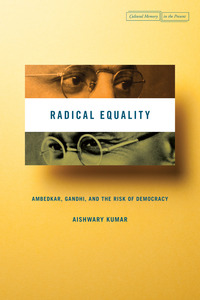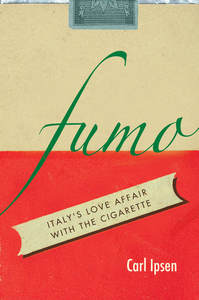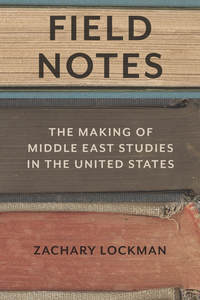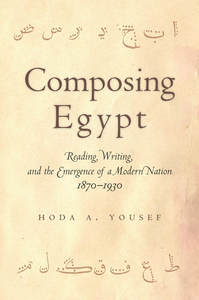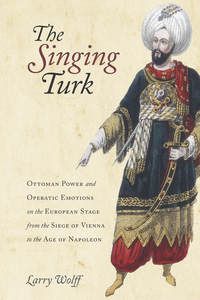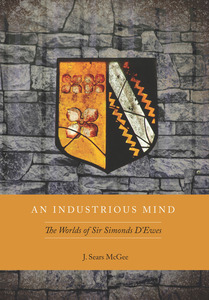The issue of death has loomed large in Chinese cities in the modern era. Throughout the Republican period, Shanghai swallowed up lives by the thousands. Exposed bodies strewn around in public spaces were a threat to social order as well as to public health. In a place where every group had its own beliefs and set of death and funeral practices, how did they adapt to a modern, urbanized environment? How did the interactions of social organizations and state authorities manage these new ways of thinking and acting?
Recent historiography has almost completely ignored the ways in which death created such immense social change in China. Now, Scythe and the City corrects this problem. Christian Henriot's pioneering and original study of Shanghai between 1865 and 1965 offers new insights into this crucial aspect of modern society in a global commercial hub and guides readers through this tumultuous era that radically redefined the Chinese relationship with death.
About the author
Christian Henriot is Professor of Modern History at Aix-Marseille University and the author of numerous books on modern Chinese history, including Prostitution and Sexuality in Shanghai: A Social History, 1849–1949 (2001). He is also Project Director of Virtual Shanghai (virtualshanghai.net).
"Christian Henriot provides an utterly original perspective on Shanghai's modernization. Against a background of periodic epidemics and wars, poverty stands out as the biggest killer. Shanghai sucked in and killed people by the tens of thousands, this human fuel being what fired the city and made it work. Henriot's 'scythe' will stick in readers' minds."
—Matthew Sommer, Stanford University
"A city of death: though grim, this is Shanghai in the early twentieth century. Henriot's excellent book shows the unexpected intersections of modernity and traditional custom, whether in the rise of the coffin industry or local guilds' handling of funeral rites. This volume breaks ground as powerfully as the shovels that created Shanghai's modern cemeteries."
—Rana Mitter, Oxford University
"Divergent Memories is a stimulating and comprehensive account of key issues relating to memory and history in East Asia. It offers a series of intriguing and important contrasts between China, Japan and Korea, as well as the US. A valuable new resource for scholars and general readers interested in the past and future of the Asia-Pacific."
—Rana Mitter, Oxford University and author of Forgotten Ally: China's World War II, 1937-1945
 PRESS
PRESS



